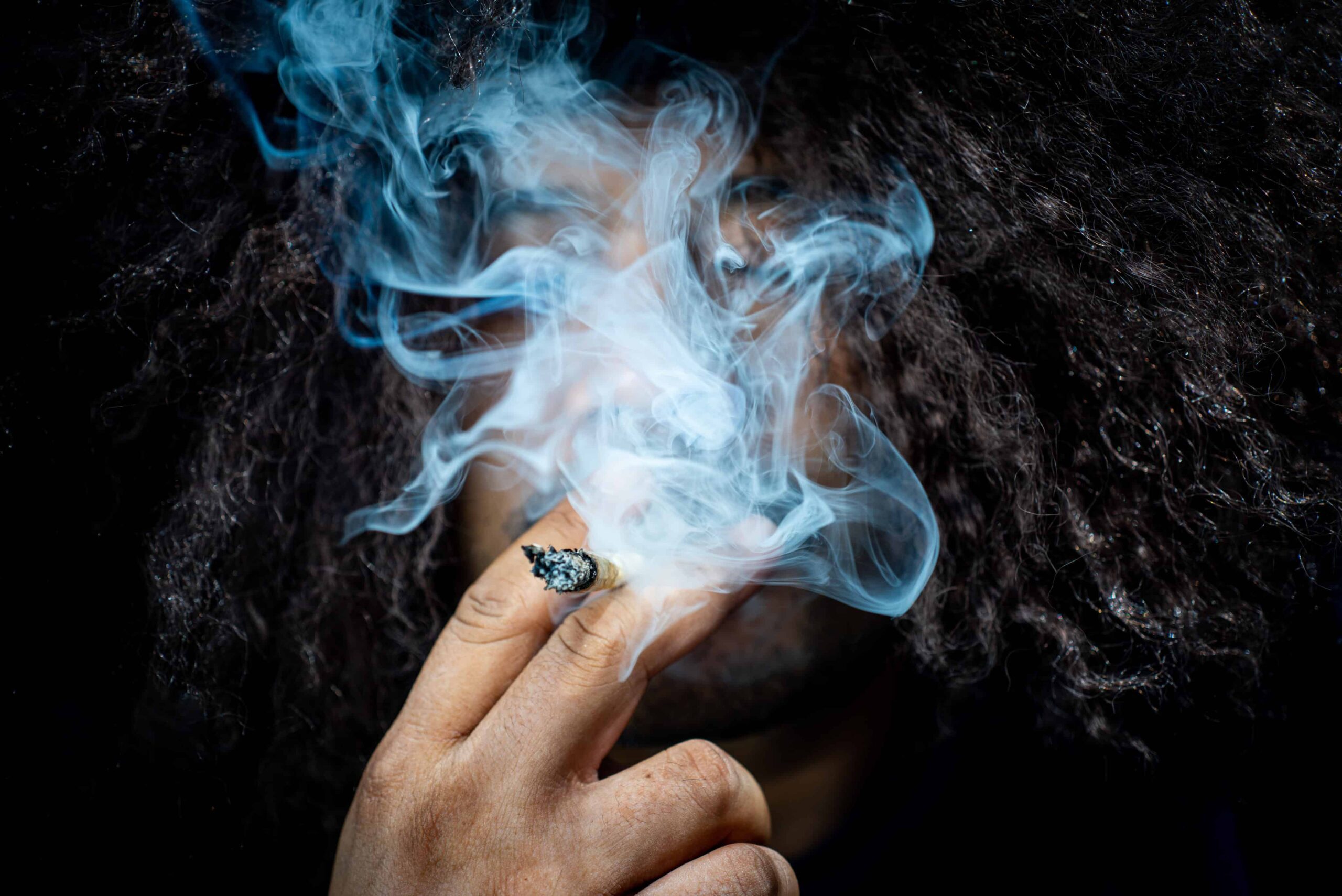
British Columbia considers MJ consumption rooms, citizens and businesses weigh in
If cannabis is legal but consumers can only smoke in private homes, where are tourists or local cannabis users going out at night to take advantage of a legal market? Given the amount of public spaces in which alcohol can be consumed, it seems a serious limitation that people cannot enjoy cannabis in a similar way in a public, social setting.
States around the US have only just begun to push lounges for public consumption in recent years, but is the country’s northern neighbor Canada ready to take the plunge? The jury is in agreement on the country as a whole, but a new government report shows the province of British Columbia is considering the jump.
It is worth noting that British Columbia’s policies on public consumption are already somewhat more liberal than those of many US states. According to the province’s website, adults over the age of 19 are “generally permitted” to smoke or vape cannabis in public spaces that permit tobacco smoking and vaping. Of course, these spaces are distinct from a cannabis consumption room, which is typically used to refer to a business such as a lounge, special event, or facility that facilitates cannabis consumption and possible on-site sale.
In spring 2022, the province asked citizens for feedback on permitting cannabis consumption rooms through a demographically and geographically representative telephone survey, online survey, and written submissions. British Columbia officials sought to understand not only citizens’ attitudes toward consumption rooms, but also the extent to which people agreed or disagreed with proposed policies that could potentially guide regulations in those rooms.
Among 730 participants in a random telephone survey, 61% supported consumption rooms and 35% had used cannabis at least once in the past year. However, only 34% of online respondents supported it, which the government says could be partly due to the specific research methodology and the potential for self-selection bias. There were a total of 15,362 online respondents, and 305 had used cannabis in the past year.
Most of those who use cannabis also support consumption rooms, along with cannabis retailers, producers and industry associations who submitted written contributions, the report notes. The majority of cannabis users also said they would visit a cannabis consumption place to buy and consume cannabis, and showed the greatest interest in cannabis cafes and lounges.
Opponents generally did not use cannabis or were from a public health and safety organization or local government that provided written submissions. Non-users also indicated that they would likely avoid events and businesses that allow cannabis use. The main concerns were the potential of spaces serving both alcohol and cannabis and the potentially increased risk of being unable to drive.
Post-legalization studies in Canada have consistently found that, at least with the country’s current laws, there has been no increase in rock driving, including one shortly after the country’s legalization in 2018, another the following year, and another onwards 2021, and concluded that there was no evidence of significant changes related to cannabis legalization and the weekly number of emergency room visits. States that have allowed cannabis consumption rooms or encourage special events such as cannabis-infused dinners generally have specific bans on serving alcohol and cannabis in the same venue.
The report cites the 2021 BC Cannabis Use Survey, which found that an estimated 1.4 million people living in British Columbia reported using cannabis at least once in the past year. As such, it says there may be at least 750,000 people in the province interested in visiting a cannabis consumption room “at least once”.
“Health and safety are our top priorities as we consider how the province’s cannabis policy might evolve,” said Mike Farnworth, Secretary of Public Safety and Attorney General, in a press release. “This report provides valuable insight into BC people’s perspectives on cannabis and will help guide our work in support of a strong, diverse and safe legal cannabis sector across the province.”
One reason Canada has yet to introduce legal consumption rooms has to do with its smoking ordinance. The statute was enacted for reasons of public health and safety, although research shows that cannabis and tobacco smoke are not equally carcinogenic.
While the report provides further insight into the desires and concerns of BC residents, the government still has more decisions to make regarding cannabis consumption rooms and how they are regulated.

Post a comment: